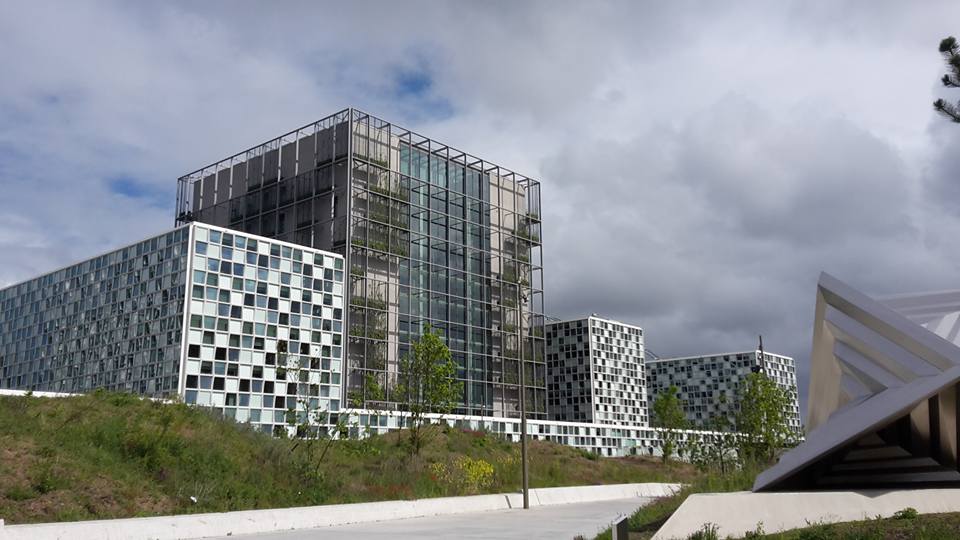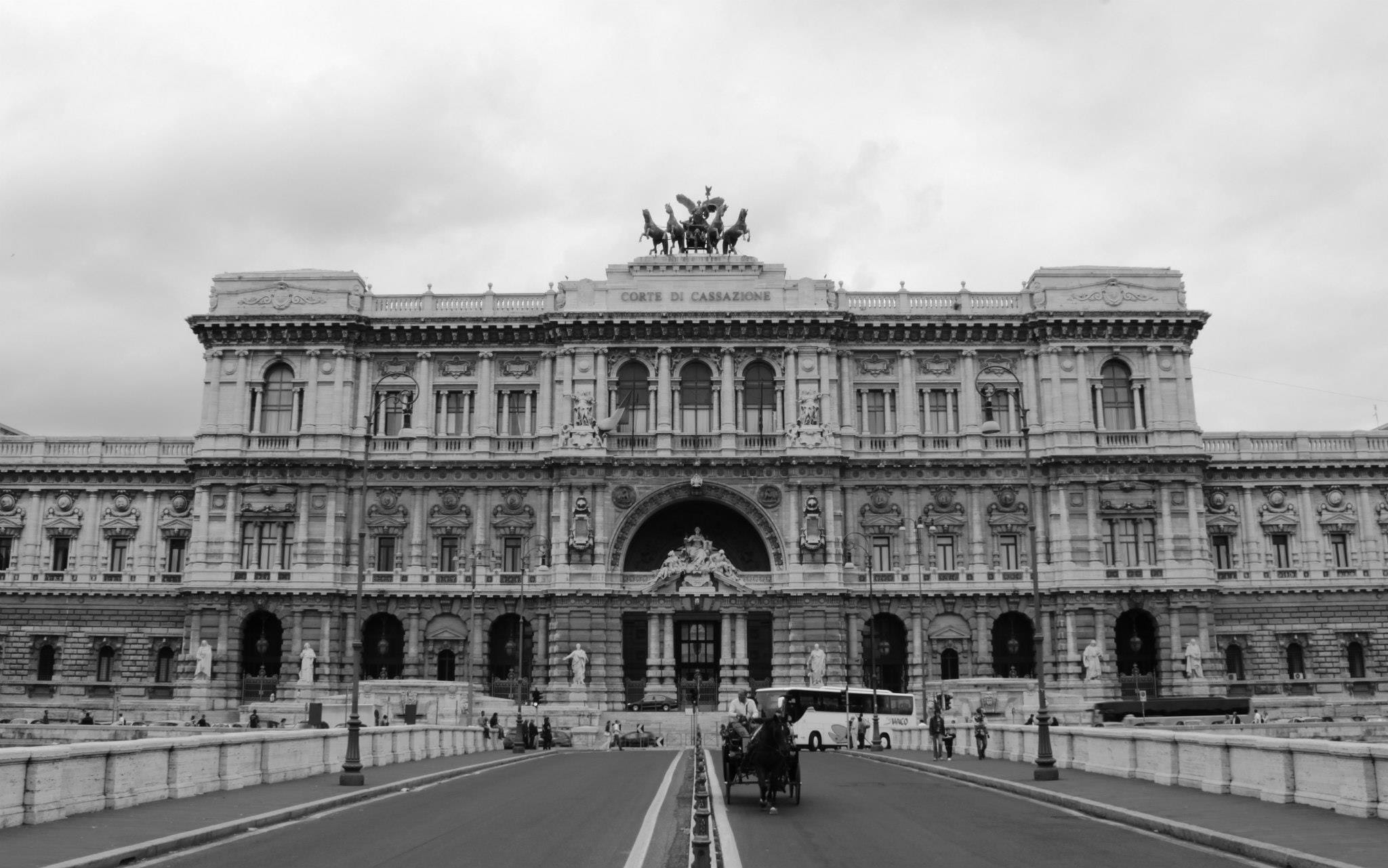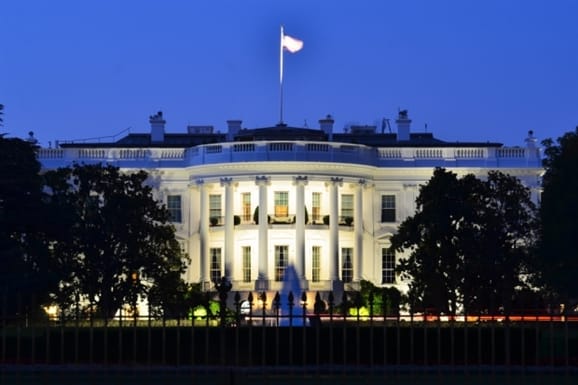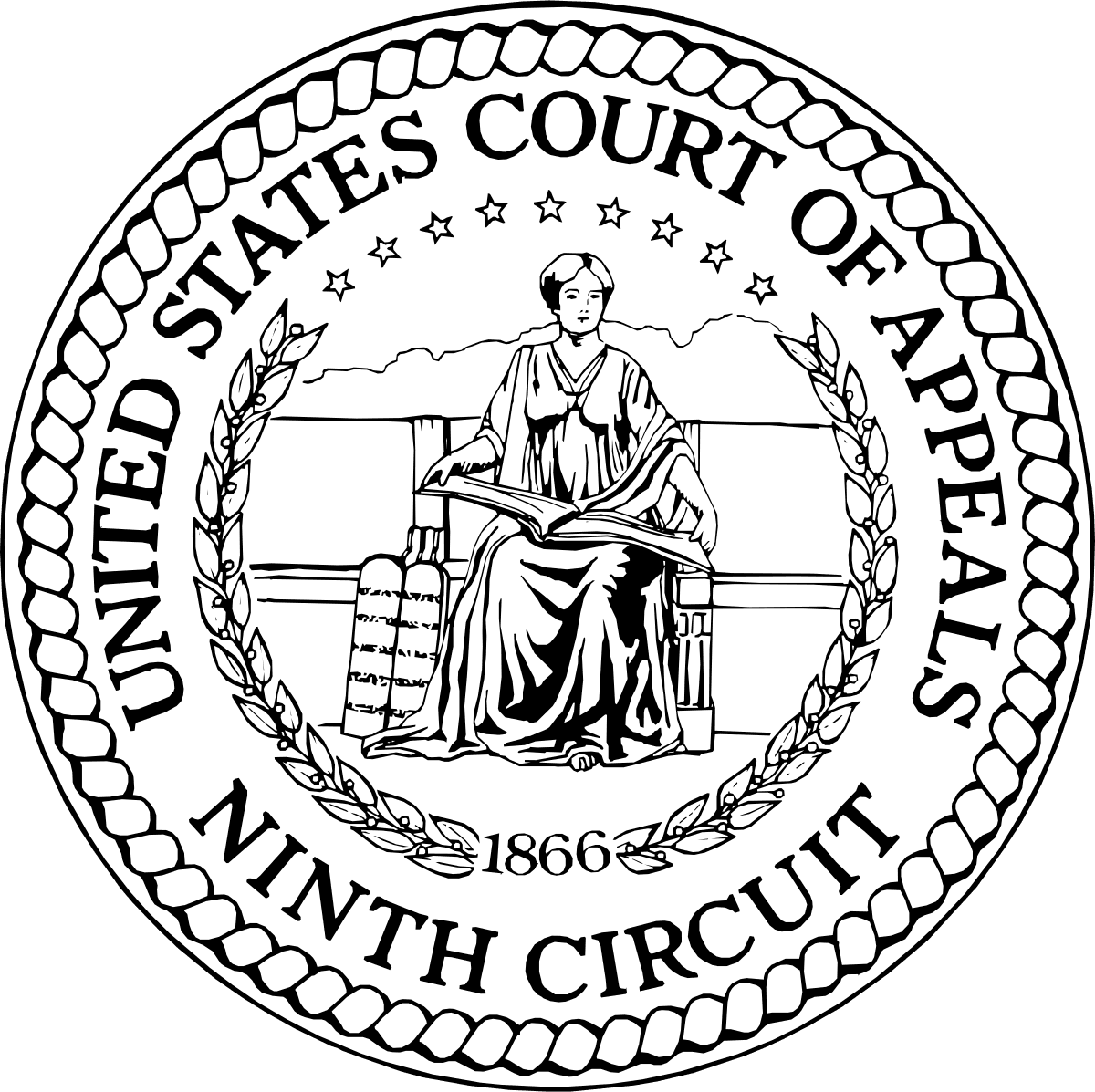Will President Trump’s immigration order pass the legal test?
in Giurisprudenza Penale Web, 2017, 2 – ISSN 2499-846X
United States District Court, Eastern District of New York,
Hameed Khalid Darweesh et al. v. Donald Trump, President of the United States
Decision and Order 17 Civ. 480 (AMD), 28 January 2017
The issuance of US President Trump’s executive order entitled “Protecting the Nation From Foreign Terrorist Entry into the United States” on the 27th January has already affected the life of millions of people inside and outside the United States.
One of the most immediate and striking consequences has been the detention of an unknown number of international travellers upon their arrival at the main airports across the country. In facts, the implementation of the mentioned order implies for citizens of Iraq, Syria, Iran, Libya, Somalia, Sudan, and Yemen the ban to enter the U.S. for the next 90 days, among other restrictions.
The entry ban finds its legal basis on the Immigration and Nationality Act (INA), which identifies the “Inadmissible aliens”, that is to say the foreign nationals who are ineligible to receive visas and to be admitted to the United States. According to such provisions, the US Secretary of Homeland Security in consultation with the Secretary of State and the Director of National Intelligence establishes every year the list of “countries of concern”, following the criteria set out in the “8 U.S. Code § 1187 – Visa waiver program for certain visitors”:
- (I) whether the presence of an alien in the country or area increases the likelihood that the alien is a credible threat to the national security of the United States;
- (II) whether a foreign terrorist organization has a significant presence in the country or area;
- (III) whether the country or area is a safe haven for terrorists.
Having the seven aforementioned countries been indicated as “countries of concern”, President Trump proclaimed in his order that “the immigrant and nonimmigrant entry into the United States of aliens from (such countries) would be detrimental to the interests of the United States”. The statement does not clarify whether the legal US residents are allowed to enter the US. According to an announcement of the Department of Homeland Security (DHS), some “legal permanent residents” who pose no “serious threat” to the US would be allowed in on a case-by-case basis.
Pending the scrutiny of the DHS on the position of each traveller being detained at the airport, individual petitioners, associations, but also cities and states have taken action to legally challenge Trump’s order.
One of the first cases which was brought to court originates from the “Emergency Motion of Stay of Removal” which Hameed Khalid Darweesh and Haider Sameer Abdulkhaleq Alshawi, two Iraqi refugees who had been detained at the JFK airport in New York, have filed to the US Eastern District Court on behalf of themselves and of others similarly situated on the 28th of January.
On the same day, the federal Judge Ann M. Donnely held a hearing and ruled that the removal of the petitioner and others similarly situated was likely to violate their rights to Due Process and Equal Protection guaranteed by the United States Constitution, and that the denial of the stay of removal would probably have caused “substantial and irreparable injury to refugees, visa-holders, and other individuals from nations subject to the January 27, 2017 Executive Order” (para 2 of the ruling).
In other words, as a consequence of this ruling, no one who was in transit or had reached the US with a valid visa or green card at the time the executive order was signed can be returned to its home country. However, such judicial order does not provide for the release of the detained travellers.
To this respect, in view of the lack of information on the number of people detained at the airport, Judge Donnely ordered the government to provide a list of names of people affected by the order in New York.
Many others legal suits have been filed following the baseline of Judge Donnely’s ruling. Her and other proceedings will continue with hearings to be held in different courts, to the purpose for each judge to determine whether the restrictive measures are lawful.
The order will probably be challenged at least under the two main aspects.
In the first place, the order will have to be defended against the alleged violation of the first amendment, protecting the right to freedom of religion. In facts, it states that “the Secretary of State, in consultation with the Secretary of Homeland Security, is further directed to make changes, … to prioritize refugee claims made by individuals on the basis of religious-based persecution, provided that the religion of the individual is a minority religion in the individual’s country of nationality.” (Sec. 5 (b) of the order), where the countries concerned by the ban are mainly of Muslim majority.
In the second place, the fifth amendment’s right to due process comes into play as the restrictive measures introduced lead to the flagrant detention and deportation of immigrants on the basis of their nationalities and country of origin, also whether in possession of all the legal documents required for international travels.
How to quote the article in a bibliography:
S. Carrer, Will President Trump’s immigration order pass the legal test?, in Giurisprudenza Penale Web, 2017, 2









